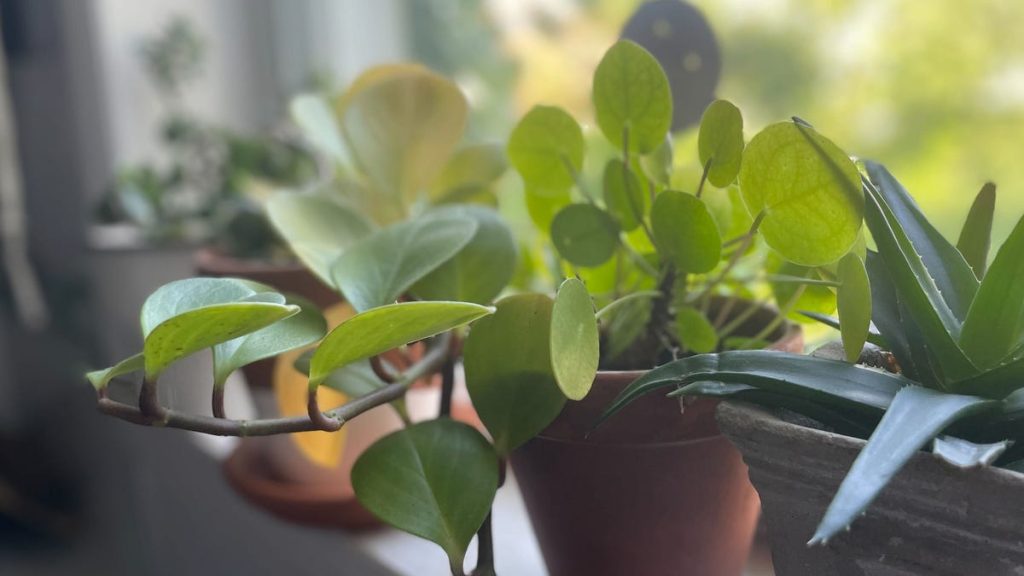Houseplants are not only good for the air and the soul, but they can also provide fresh herbs and greens for cooking. However, caring for houseplants can be challenging, especially for those who struggle to keep them alive. There are certain houseplants that are easy to care for and difficult to kill, making them ideal for beginners or those with busy schedules. Plant experts Rebecca Sterling and Puneet Sabharwal recommend some of the most resilient species of common indoor houseplants that are hard to kill. They provide tips on how to care for these plants so they not only survive but thrive.
Some of the hard-to-kill houseplants recommended by the experts include the ZZ plant, parlor palms, Monstera plants, Hoyas, Aglaonema Siam Pink plants, and Pothos. These plants are known for their ability to adapt to various conditions, including low light, low humidity, and infrequent watering. Each plant has specific care instructions to ensure they remain healthy and thriving. For example, the ZZ plant prefers bright indirect light, while Monstera plants should be watered regularly but allow the soil to dry out slightly between waterings.
Another houseplant that is both easy to care for and resilient is the snake plant. This plant is drought-tolerant and can survive in a variety of lighting conditions, making it suitable for beginners and seasoned plant parents alike. Other recommendations include baby rubber plants, heart-leaf philodendron, and Philodendron Brasil, each with its own care requirements to ensure they thrive.
One common mistake that people make when caring for houseplants is overwatering, which can lead to root rot and ultimately kill the plant. Both Sabharwal and Sterling emphasize the importance of proper watering practices, including using pots with drainage holes and allowing the soil to dry out between waterings. They also highlight the significance of providing adequate light for houseplants, as many tropical species require a consistent light source to thrive.
To help prevent overwatering, EasyPlant offers self-watering pot systems that eliminate the risk of drowning plants. By providing a consistent watering schedule and ensuring proper drainage, plant parents can help their houseplants thrive. Additionally, it is essential to pay attention to each plant’s specific needs, such as light exposure, humidity levels, and pruning requirements. With the right care and attention, even the most inexperienced plant parent can successfully maintain a thriving indoor garden.


